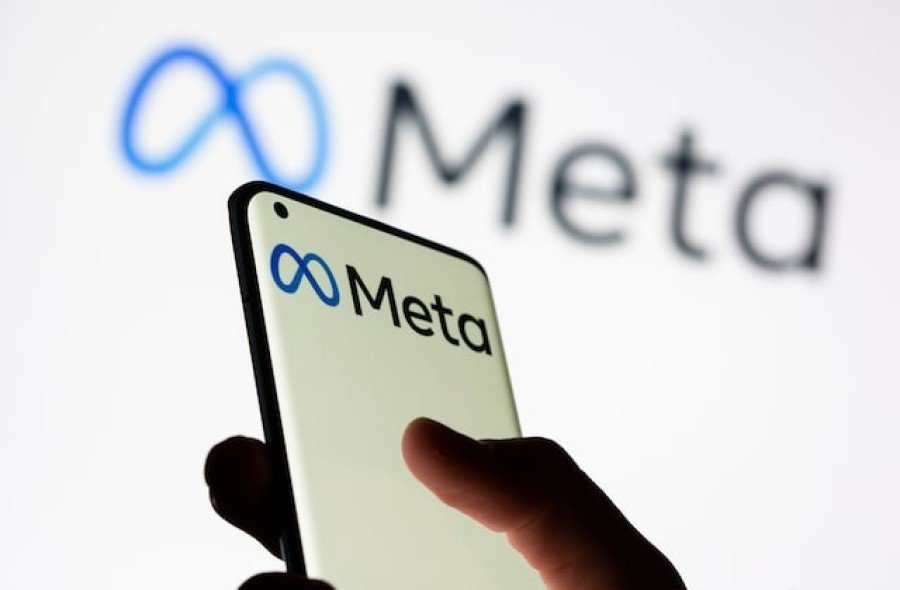Meta Platforms, the parent company of Facebook, Instagram, and WhatsApp, has dispatched representatives to Nepal after the government intensified its efforts to have social media companies formally register under a new regulation. The Ministry of Communication and Information Technology had set an April 20 deadline for platforms to register, threatening restrictions for non-compliance.
In response, Meta has sent Ruzan Sarwar, the company’s public policy manager for the Asia-Pacific region, and other senior officials from its Singapore office to Kathmandu for discussions. A meeting is scheduled between the representatives and Communications Minister Prithvi Subba Gurung on Thursday, according to Minister Gurung’s aide, Bikram Neupane. “Following repeated efforts from the ministry, Meta has finally agreed to come to the table. Other companies are also in contact with us,” Neupane stated.
Thus far, only three platforms—TikTok, Viber, and WeChat—have complied with the registration requirements. Facebook, Messenger, and other popular platforms have been repeatedly asked to register but have not yet done so. Minister Gurung has warned that companies refusing to comply may be banned from operating in Nepal.
Nepal introduced the “Directives Relating to the Regulation for the Usage of Social Media, 2023” in November 2023, which requires companies to register with the government, appoint a grievance officer, and establish an oversight mechanism for self-regulation. The regulations also demand platforms assist in criminal investigations, remove illegal content, and comply with Nepali law.
“Meta’s registration will set a precedent. We expect other platforms to follow,” said Gajendra Kumar Thakur, the ministry’s spokesperson. The lack of registration has made it difficult for the government to act on complaints related to Facebook, Messenger, Instagram, WhatsApp, and Threads.
Meta has reportedly sought clarification on the directive and requested a direct meeting with the minister. Other major platforms, including X (formerly Twitter), YouTube, Google, and LinkedIn, are also expected to register. However, platforms like Meta, X, Snapchat, and others have not yet responded to repeated notices.
The Asia Internet Coalition (AIC), an industry group representing Meta, Google, Apple, Amazon, and others, has criticized the directive as impractical and inconsistent with international norms. In letters sent in 2023 and 2024, AIC argued that requiring companies to delete content within 24 hours was excessive and could undermine freedom of expression. Despite requests for consultations, the government has continued issuing notices with specific deadlines, warning of potential bans.
Nepal’s parliament is currently reviewing a draft bill that would legally enforce the directive, including penalties such as platform bans for non-compliance. The bill, currently in the National Assembly, proposes that only approved platforms be allowed to operate in the country.
Additionally, Nepal imposes a 2 percent Digital Services Tax (DST) on the annual revenue of non-resident tech companies operating in the country. In fiscal year 2023-24, major tech companies, including Microsoft, Google, Meta, Amazon, and others, paid Rs410 million (approximately US$3.1 million) in DST.















